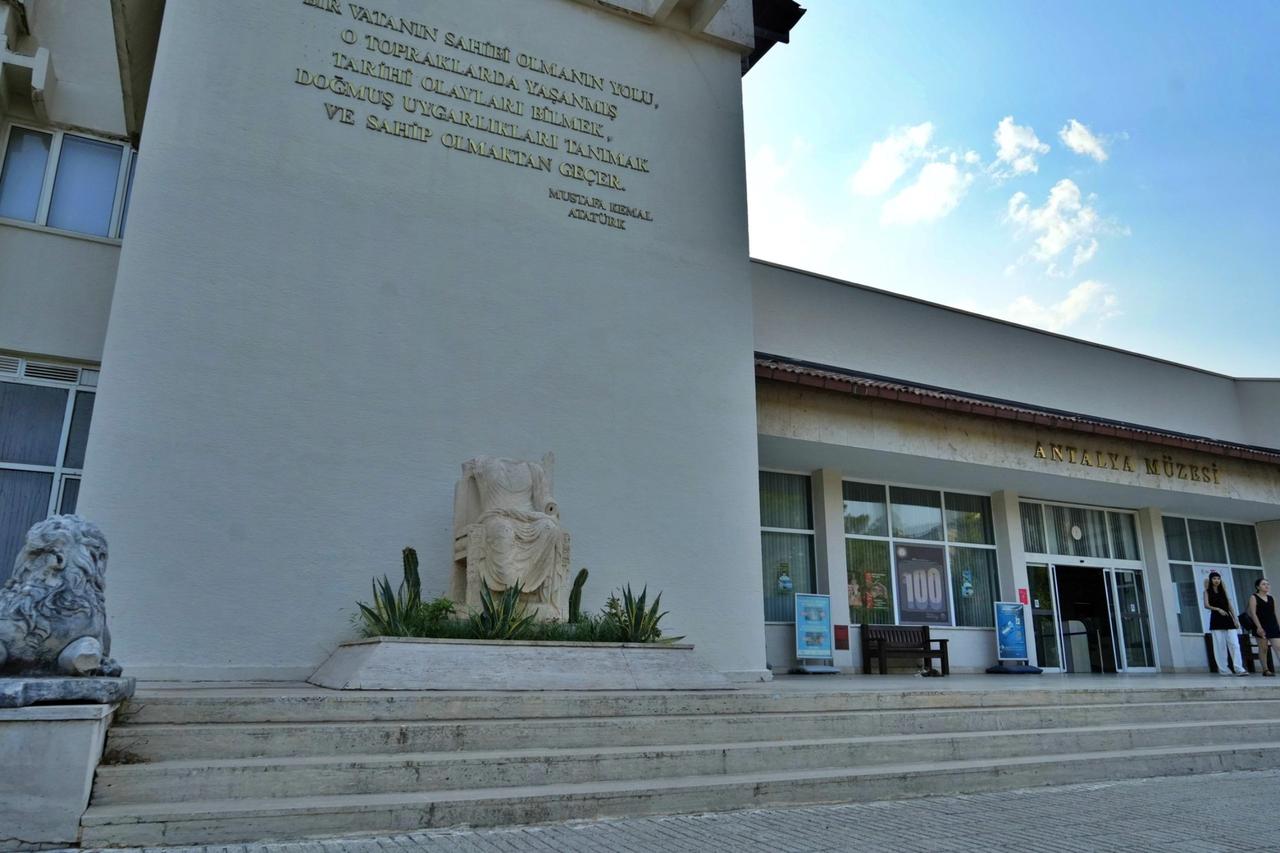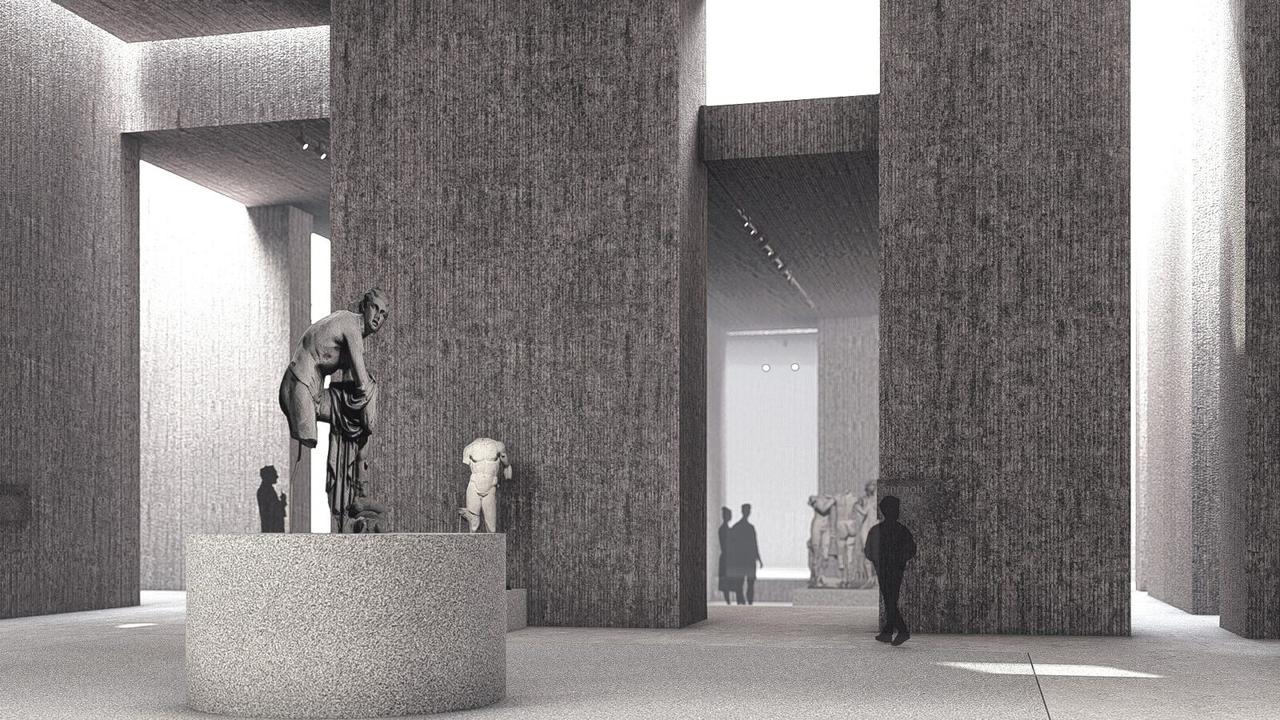
The Antalya Archaeology Museum, one of the leading cultural institutions in southern Türkiye, is set to be completely rebuilt following a structural risk assessment that revealed the building was vulnerable to earthquakes. The new museum, designed with modern architectural principles and inspired by the ancient city of Perge, will rise on the same site with an estimated investment of up to ₺2.5 billion (approximately $62 million).
The existing museum building has now been closed to visitors, and all archaeological artifacts will be safeguarded in secure temporary storage facilities within the museum grounds during the construction process. Contrary to public speculation, authorities have confirmed that the museum will not be relocated outside the city center.
Officials from the Ministry of Culture and Tourism announced that the museum’s operations will remain in Antalya and that the surrounding green areas and mature trees will be preserved throughout the redevelopment process. In a statement, the Antalya Directorate of Culture and Tourism underlined that “Antalya Archaeology Museum will not be moved out of the city. It will be rebuilt on the same ground where it has always stood in the urban memory as a museum.”
The Ministry has emphasized that the entire process will be carried out under tight security, with no cultural assets leaving the city. Temporary warehouses to protect the collection are already being set up, and expert teams will continue conservation and restoration work throughout the construction phase. The Antalya Regional Laboratory for Conservation and Restoration will remain active, working on international artifacts undergoing restoration.

The project is being led by the Ministry of Culture and Tourism and is financed entirely through the Ministry’s revolving fund revenues. According to Birol Incecikoz, Director General of Cultural Assets and Museums, the current building was classified as a high-risk structure after a 2020 seismic analysis, prompting the decision for complete reconstruction.
The redevelopment is structured in two main phases. The first phase includes the construction of temporary storage units, the secure transfer of exhibits, and the demolition of the existing structure. This stage officially began with a tender held on June 4, 2025, and a contract signed on July 1.
In line with future needs, the new museum is being designed with built-in flexibility to accommodate possible expansions. Architect Abdurrahman Cekim, who is leading the design, stated that the project draws its architectural inspiration from Perge, a prominent ancient city located just east of Antalya, aiming to blend contemporary functionality with classical heritage.
Despite the advance planning, the sudden closure of the museum on July 16 surprised many local and international tourists. Visitors arriving at the site found the gates locked, with little warning. One visitor, Azmi Esmeray, expressed frustration, saying: “No, I definitely didn’t know. I even have a museum card. I visit museums in every city I travel to. This is the first I’m hearing of it—I'm very surprised.”
The museum is expected to reopen by the end of 2026 with expanded exhibition space and modern conservation facilities, reinforcing its status as one of Türkiye’s key archaeological and cultural venues.